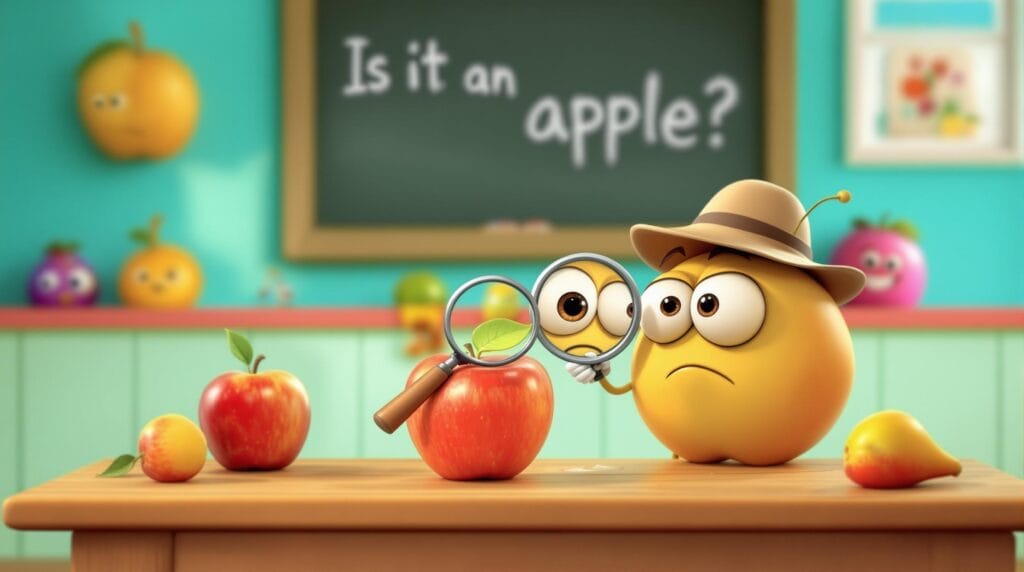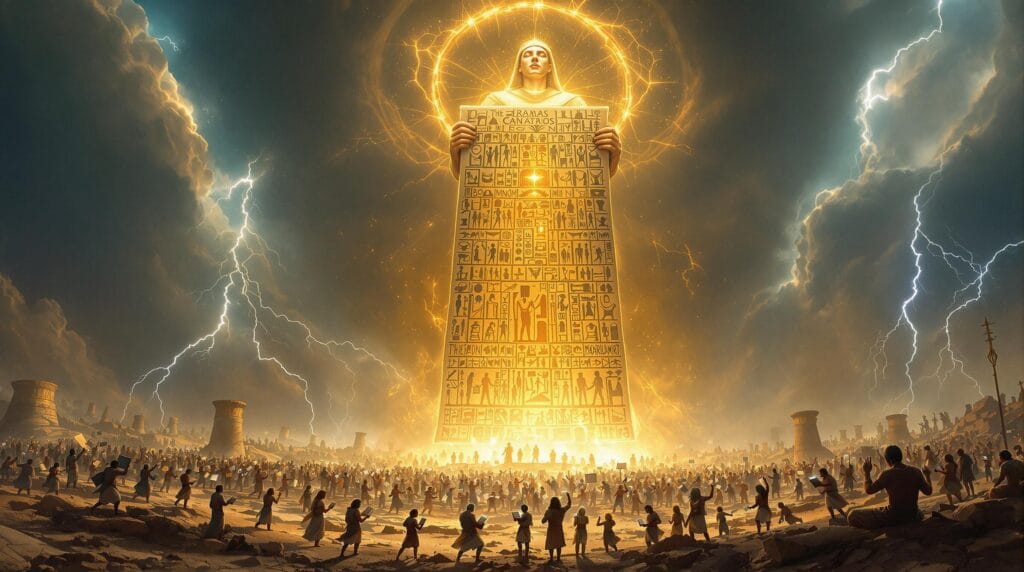The evolution of ebook formats and their transition into proprietary ecosystems has been shaped by technological advancements, market strategies, and user demands.
From the early days of open-source formats to the dominance of proprietary platforms, the journey of ebooks reflects a broader struggle between accessibility, innovation, and corporate control. This section explores the history of ebook formats, the rise of proprietary ecosystems, and the environmental and cultural implications of book digitization.
While the song is not directly about books or technology, its themes of awakening, transformation, and navigating a new world resonate with the disruptive and revolutionary nature of ebook history. The lyrics evoke a sense of grappling with change and the tension between progress and control, much like the journey of books transitioning from print to digital.Ask yourself: What would I do differently if I knew nobody would judge me?
1. The Rise of Ebook Formats: Open-Source Beginnings
EPUB
- Purpose: Created by the International Digital Publishing Forum (IDPF), EPUB was designed as a universal, open standard for ebooks. It aimed to replace PDFs by offering reflowable content that adapts to different screen sizes and devices.
- Changes Over Time: Widely adopted by platforms like Google Books and Kobo, EPUB has evolved to include multimedia elements, interactivity, and accessibility features. However, platforms often add Digital Rights Management (DRM) layers, limiting its openness.
MOBI (and its successor AZW)
- Purpose: Originally developed by Mobipocket, MOBI was intended for lightweight, versatile ebooks compatible with mobile devices.
- Changes Over Time: After Amazon acquired Mobipocket in 2005, MOBI was transformed into proprietary formats like AZW and KFX, locking users into the Kindle ecosystem.
- Purpose: Developed by Adobe, PDFs were designed for fixed-layout digital documents that preserve formatting across devices.
- Changes Over Time: While popular for textbooks and scanned books, PDFs lack reflowable text capabilities, making them less suitable for small screens.
Other Formats
- FB2: A Russian XML-based format for encoding fiction, popular in niche markets.
- TXT and HTML: Early formats for simple text and web-based ebooks.
- DJVU: Designed for scanned documents, emphasizing compression for image-heavy content.
“ Live as if you were to die tomorrow. Learn as if you were to live forever. ” ― Mahatma Gandhi
We love how you scroll!
2. The Impact of Proprietary Platforms
Am*zon (Kindle Ecosystem)
- Disruption: Am*zon revolutionized the ebook market with the Kindle in 2007, transforming MOBI into proprietary formats like AZW and KFX. The Kindle ecosystem integrated a marketplace, making it easy to purchase, download, and read ebooks.
- Effects: While Amazon dominated the market, it limited interoperability with other devices and platforms, pushing publishers toward DRM-heavy formats.
App*e (iBooks/App*e Books)
- Disruption: App*e Books, launched in 2010, used EPUB with DRM to protect content. Seamless integration with App*e devices created a closed ecosystem.
- Effects: App*e encouraged high-quality formatting but restricted users to its devices, further fragmenting the ebook market.
Other Players
- Platforms like Goggle Play Books, Kobo, and Nook adopted EPUB but often included DRM to align with publisher demands. These platforms created niche markets, focusing on global distribution or unique user experiences.
Are you an independent author looking to bring your vision to life? We specialize in helping authors publish, market, and advertise their books, providing the technological support you need to achieve your goals. Whether it’s formatting, distribution, or creating a standout marketing strategy, we’re here to ensure your work reaches the audience it deserves. Let us help you share your story with the world!
For more information or to touch base, contact us!
3. The Current State of Digital Ebooks
- Standardization: EPUB 3.0 has become the de facto standard for open ebook platforms, supporting multimedia, accessibility, and interactivity.
- Proprietary Dominance: Major providers like Amazon and Apple continue to use DRM-laden formats, locking users into their ecosystems.
- Subscription Models: Services like Kindle Unlimited and Scribd have shifted consumer preferences from ownership to access, offering subscription-based access to large libraries.
- Self-Publishing Revolution: Tools like Kindle Direct Publishing (KDP) and Smashwords have democratized ebook publishing, enabling authors to reach global audiences without traditional publishers.
- Enhanced Ebooks: Rich media ebooks with embedded videos, animations, and interactive features are growing in educational and professional domains.
We love how you scroll!
They Do Not Want to Prevent You from Ever Becoming Sick. No. They Want to Prevent You..
“ Nothing in nature is unbeautiful. ” ― Alfred, Lord Tennyson
Continue scrolling!
4. The Role of AI in Ebook Evolution
AI’s Role in Ebook Conversion
- Audiobooks: AI-generated voices are transforming ebooks into professional-quality audiobooks at lower costs.
- Content Summarization: AI tools summarize lengthy texts, offering condensed versions for quick consumption.
- Adaptive Reading: AI-based platforms analyze reading patterns and adapt content presentation for better comprehension.
Ebooks as AI Training Data
- Ebooks serve as a rich source of structured textual data, often used to train AI models. However, ethical concerns arise when copyrighted material is used without consent.
Ebooks as AI Artifacts
- Interactive AI Books: AI could transform static ebooks into dynamic experiences where readers interact with the text, ask questions, or engage in simulations.
- Generative Content: AI might generate entirely new stories or books based on user prompts.
- Personalized Narratives: AI could tailor ebooks to individual preferences, creating unique reading experiences.
Ask yourself: How much do I trust myself? Do I listen to others more than myself?
5. Environmental and Cultural Implications of Book Digitization
Environmental Impact
While ebooks eliminate the need for paper, ink, and physical distribution, their environmental benefits are not without trade-offs:
- Energy Consumption: The production and disposal of e-readers, as well as the energy required for data storage and cloud services, contribute to carbon emissions.
- E-Waste: The rapid obsolescence of e-readers and other digital devices adds to the growing problem of electronic waste.
Cultural Impact
- Loss of Tangibility: The shift from physical books to digital formats has led to a loss of the tactile and sensory experience of reading.
- Preservation Challenges: Digital formats are vulnerable to obsolescence, data corruption, and platform restrictions, raising concerns about the long-term preservation of knowledge.
- Language and Accessibility: While ebooks have made literature more accessible globally, proprietary ecosystems and DRM restrictions often limit access for marginalized communities.
“ I want to sing like the birds sing, not worrying about who hears or what they think. ” ― Rumi
The Dual-Edged Sword of Book Digitization
The digitization of books has revolutionized how we create, distribute, and consume knowledge. On one hand, it has democratized access to literature, enabled self-publishing, and introduced innovative formats. On the other hand, it has entrenched corporate control, raised ethical concerns, and introduced environmental challenges.
As we move forward, the future of ebooks lies at a crossroads. Will they evolve into dynamic, AI-driven artifacts that enhance personalization and interactivity? Or will they remain locked within proprietary ecosystems, limiting their potential to serve humanity? The answer depends on how we balance innovation with ethical considerations, environmental sustainability, and the preservation of cultural heritage.
Ultimately, the story of ebooks is not just about technology—it is about the enduring power of books to shape our understanding of the world and ourselves. Whether in print or digital form, books remain a cornerstone of human civilization, and their future must reflect the values of accessibility, creativity, and sustainability.

DR SPACEQUIRE NOW with JOHNNY MAGRITT(e) APPLESEED.PRO and the band:
Determine Your Course
If you require additional assistance feel free to reach out to our intelligence departments via booking a consultation herein. For a comprehensive analysis or to introduce yourself in a unique way. However, time is of the essence, and the effectiveness of this action remains uncertain. Act swiftly to address your IT needs! 🚀 #ITSolutions #TechSupport #InnovationInProgress #johhnyappleseedpro


